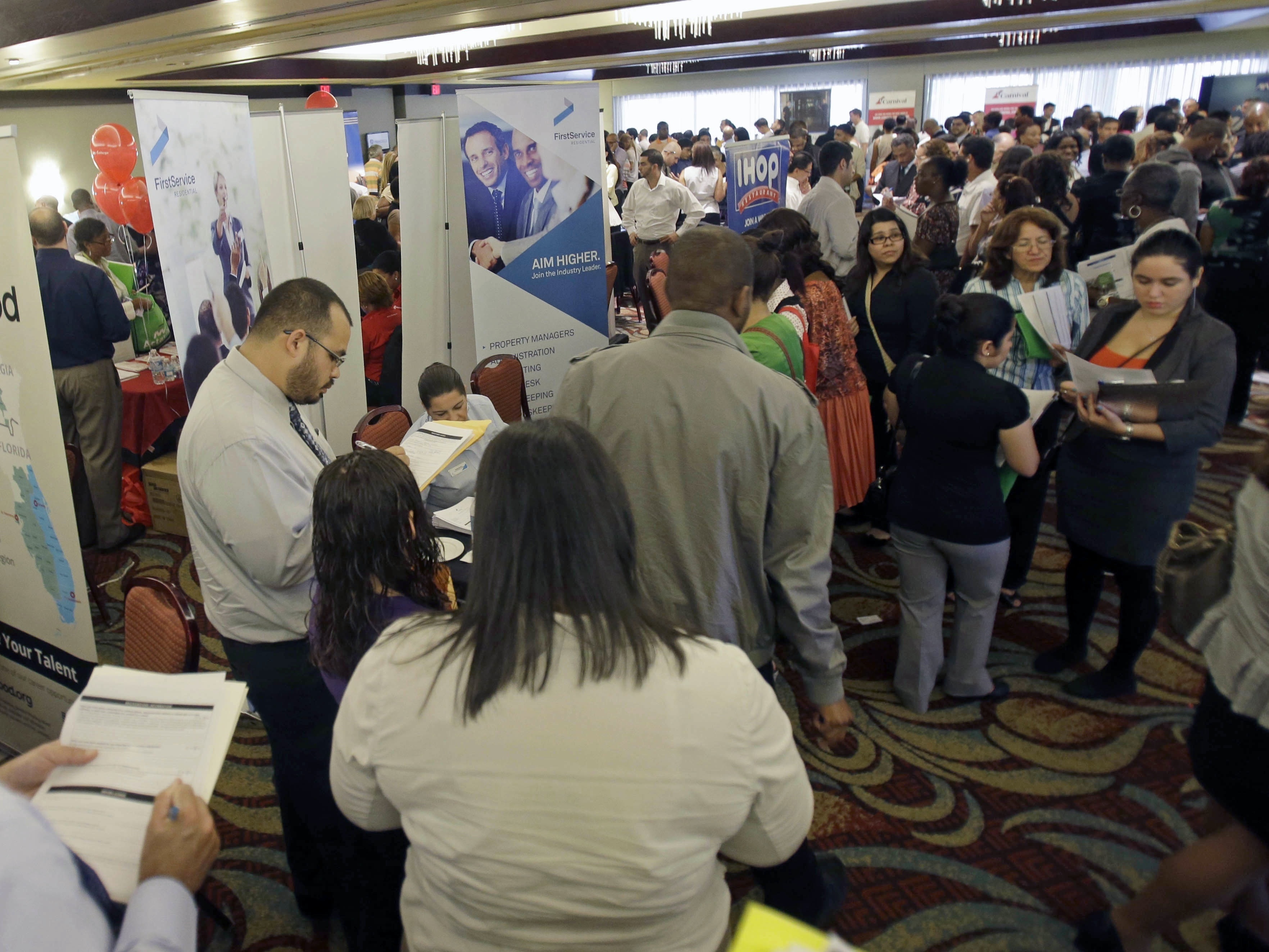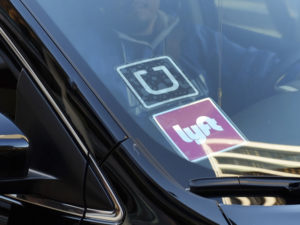
The Colorado Department of Labor and Employment says fraudulent claims for unemployment benefits are on the rise during the COVID-19 pandemic.
Overall, however, Cher Haavind, the spokesperson for the department, said the number of claims being filed has since gone down to an expected level.
“That is because we had implemented a number of fraud detection and barricade measures in place last week,” she said.
For the week ending June 20, there were 10,385 new Pandemic Unemployment Assistance (PUA) claims. That type of unemployment is federal money designed for self-employed and gig workers who would not have had assistance before the pandemic. For that same week, there were 9,882 regular unemployment claims. It's the first time regular initial claims have dipped below 10,000 in three months.
At it's height, there were more than 100,000 initial claims for unemployment benefits. Over the past fourteen weeks, Coloradans have filed a total of 588,988 unemployment claims.
The week before last, the department saw a 77 percent increase for the PUA claims. An investigation found that a lot of the increase could be attributed to a higher uptick in fraudulent claims. Labor officials stopped paying about 2,800 of them, totaling $34 million in claims.
Haavind said it’s not unusual for there to be spikes in fraud schemes. Similar issues are happening in other states, she said.
“The fraudsters will move from one state to the next and it’s kind of a cycle,” she said. "You’ll see where they are detected in one state, measures are put into place for detection, and then they move their scheme and target another state.”
Most of the fraud schemes are aimed at PUA claims because it’s a new program for self-employed and gig workers, and fraud protections are not as strong in the program compared to the fraud detections in regular unemployment claims. The different eligibility factors and documentation criteria makes the PUA more susceptible, officials said.
One of the measures the department implemented last week was to stop allowing back dating of claims of more than a week. If a person needs relief further than that, they would need to call labor officials directly for approval.
The department created a new web page all about how to identify fraud and what to do if someone thinks they may be a victim of fraud.
During a call Thursday, officials said the more widespread scheme involves stealing personal identifying information and then using that information to file fraudulent claims. People who are retired are especially vulnerable, officials said, because they typically don’t have W-2s, and don't qualify for regular unemployment benefits.
Because of these schemes, there’s been a few people who have received debit cards but did not apply for unemployment. These people are likely the victims of identity fraud, officials said.
At this time, labor officials said they cannot break down fraud numbers by county because the fraud unit is overwhelmed with denying claims: The department is still investigating about a thousand tips.









